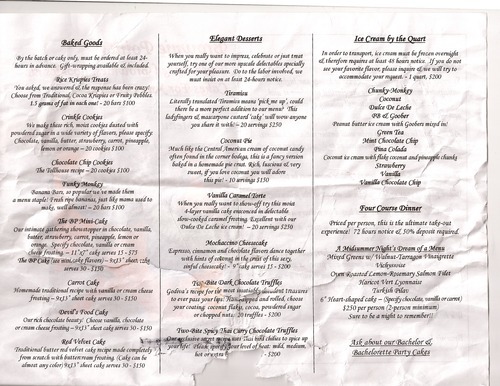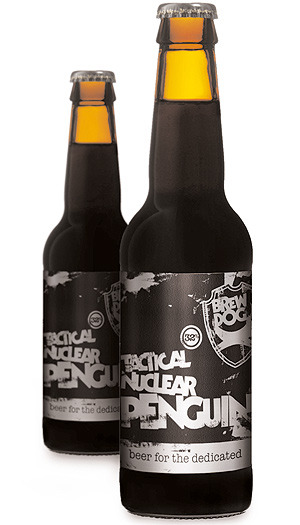
Trader Joe’s, the people who brought J. Peterman product narratives to food, is widely viewed as a company with green practices. They wear Hawaiian shirts! How can that not mean they are doing the right thing? The Utne Reader reviews a report from Sustainable Industries that says, while the company bowed to pressure from Greenpeace and modified its seafood offerings (red-listed seafood will be phased out by 2015), and has other green practices such as only selling cage-free eggs, there are still some environmental issues they need to address—for example, not disclosing the sources of its supposedly organic milk.
In response to a poor ranking (1 out of 5) by organic dairy watchdog group The Cornucopia Institute for not disclosing the sources of its private-label organic milk, the retailer argued that its direct connection to private-label suppliers allows it greater control over its supply chain. In the report on private-label organic milk, The Cornucopia Institute warned that the majority of private label organic milk was coming from factory farms that do not embody the values of the organic label.
Most of the other concerns fall are transparency-related as well—because of the company’s practice of rebranding food as its own, they are reluctant to disclose their sources, for competitive reasons. Non-disclosure also serves them at retail, since general consumer goodwill, low prices, and the brand’s reputation keep customers from asking too many questions:
The company does in fact have a very good reason for keeping its sources a secret: to maintain a competitive edge. After all, you don’t want the guy that cuts you a great deal on shade-grown coffee to give everyone else the same deal, and there are only so many producers out there that can sustainably produce the quantities Trader Joe’s needs at the prices it demands.
“There are only a few enlightened retailers out there who approach the retail food business in such a way that they’re able to capture value for sustainably produced products and Trader Joe’s is one of them,” says an anonymous source who has experience selling to the stores. “That said, they’re a professional sourcing company—no one does it better—and it’s easy for them to shift from, say, a sustainable product to a ‘like’ product that doesn’t necessarily embrace sustainability, and it’s all private-label so it’s hard to trace that.”
Moreover, at the end of the day, Trader Joe’s customers are as committed to the store because of its low prices and product selection as they are for the company’s perceived sustainable business practices.
Something to think about next time you’re buying your Pirate Joe Jungle Cranberry Cashew Candy Trail Mix or whatever.



 If a recessivore is someone who is changing their eating habits due to reduced economic circumstances—more lentils and ramen, less fancy stuff—then what do you call people who are merrily consuming ever-more expensive items?
If a recessivore is someone who is changing their eating habits due to reduced economic circumstances—more lentils and ramen, less fancy stuff—then what do you call people who are merrily consuming ever-more expensive items?


